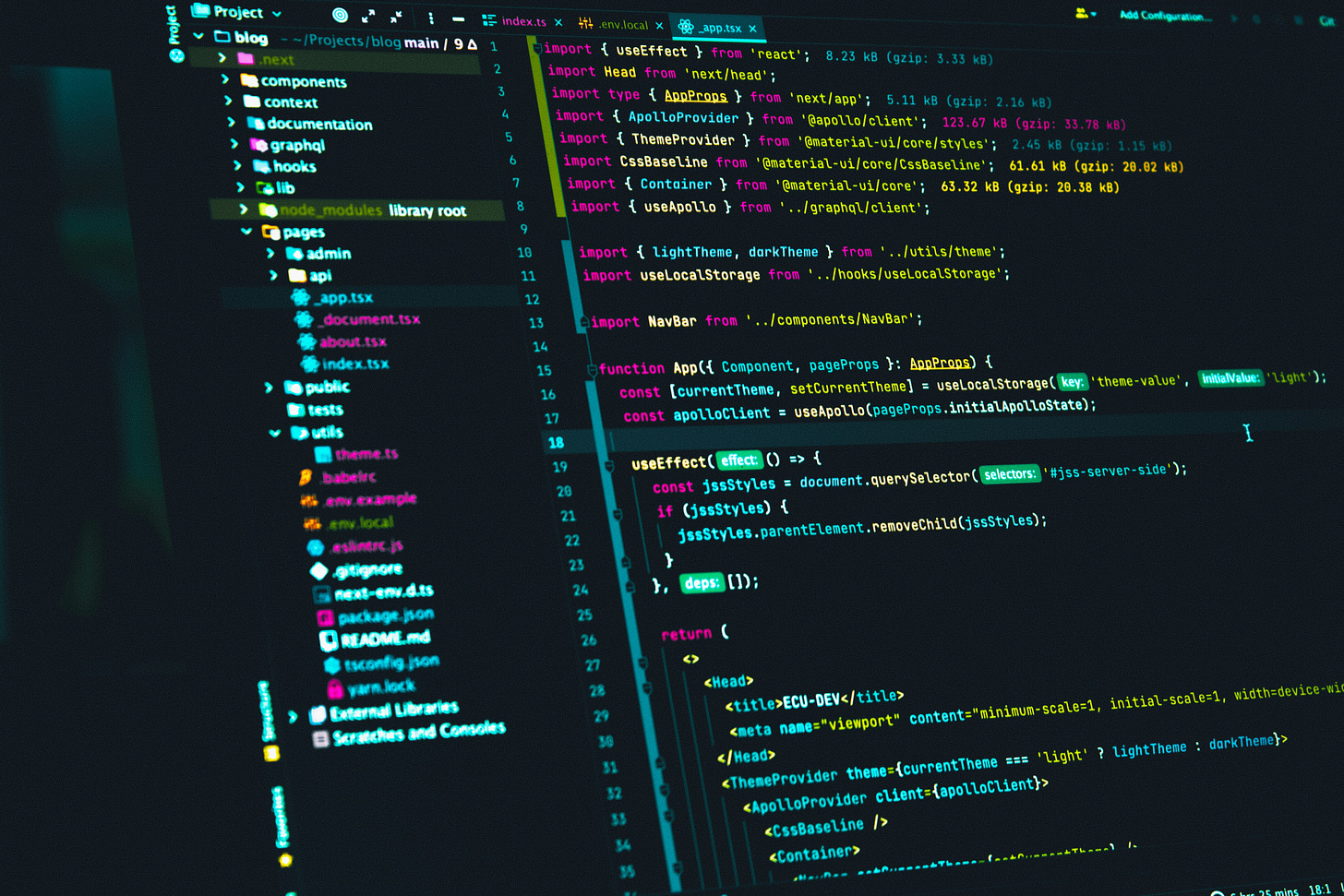
White House seriously considering deal from Oracle to run TikTok
What’s happening: The Biden administration is in advanced talks with Oracle to oversee TikTok’s U.S. operations. However, concerns remain about whether the deal would actually prevent Chinese access to American user data.
Who is involved:
White House officials: VP JD Vance, national security adviser Mike Waltz leading negotiations.
Oracle: Preferred partner for TikTok’s U.S. operations.
Congressional China hawks: Skeptical the deal would fully secure user data.
Beijing: Opposes any forced sale of TikTok.
Zoom in: The proposal, dubbed “Project Texas 2.0,” echoes past failed efforts to wall off TikTok’s U.S. data from ByteDance, its China-based parent. Some experts warn Oracle’s oversight won’t eliminate security risks unless the algorithm itself is fully rebuilt in the U.S.
Why it caught my attention: This doesn’t address the broader issue of data privacy across all social media platforms. TikTok’s scrutiny highlights systemic failures in protecting user data—something John Oliver recently dissected in his take on digital privacy.
Source: Politico
FTC Wipes AI, Amazon, and Microsoft-Critical Blogs
What’s happening: The Federal Trade Commission (FTC) has deleted over 300 business guidance blogs, including key posts from the Biden era addressing AI ethics, privacy, and Big Tech compliance. The move erases FTC enforcement insights on companies like Amazon and Microsoft.
Who is involved:
FTC (Trump administration): Removed blogs critical of major tech firms.
Big Tech: Amazon, Microsoft, and AI firms benefitted from erased guidance.
Privacy advocates: Concerned the deletion weakens accountability.
Zoom in: One removed post detailed Amazon’s alleged misuse of consumer data for AI training, while another covered Microsoft’s $20M settlement over illegally collecting children’s data on Xbox. The FTC also wiped award-winning AI ethics guidance on chatbot transparency.
Why it caught my attention: We’re still battling privacy abuses by Big Tech, and clear policies on emerging tech are rare. The FTC’s blogs served as a repository of best practices, helping corporations, grassroots movements, and individuals navigate digital rights issues. Now, a key resource for holding tech accountable is gone.
Source: WIRED
Vibecoding: AI Puts Software Creation in Everyone’s Hands
What’s happening: AI-powered tools are making it possible for non-coders to build custom apps just by describing their ideas in plain language—a trend known as vibecoding. AI handles the coding, debugging, and deployment, allowing anyone to create functional software.
Who is involved
Andrej Karpathy: AI researcher who coined “vibecoding.”
AI coding platforms: Tools like Cursor, Replit, Bolt, and Lovable turn ideas into working apps.
Non-programmers: Everyday users are now building custom automation tools for daily tasks.
Zoom in: The author built tools like a podcast transcriber, a furniture fit checker, and a lunch-packing assistant—all without writing code. While vibecoding is still imperfect, it’s accelerating software creation and could reshape how people interact with technology.
Why it caught my attention
Coding is powerful but has a steep learning curve. AI lowers the barrier to entry, making programming more accessible and helping beginners see results quickly—potentially inspiring more people to explore software development.
Source: NYTimes

